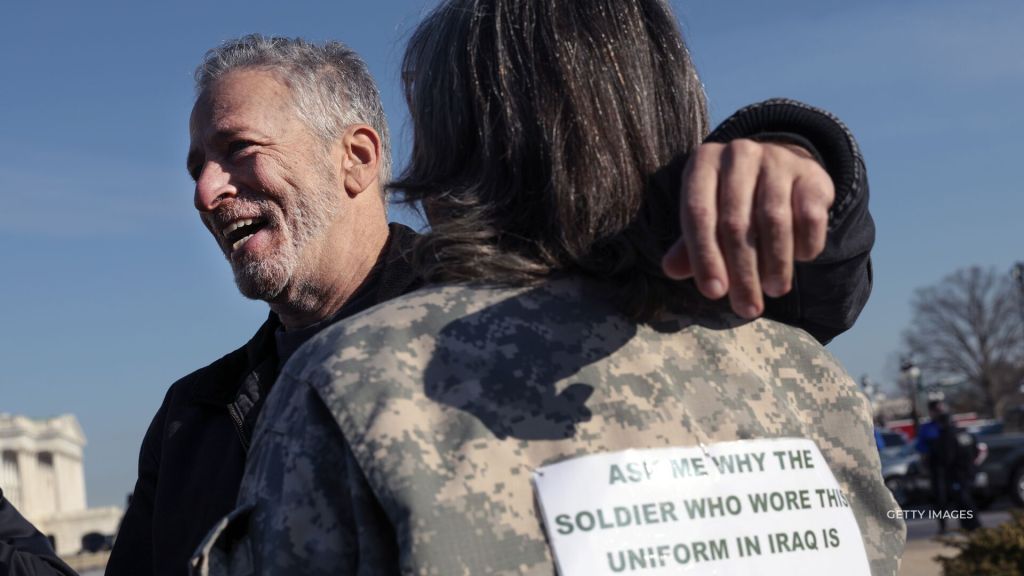A bill aimed at dramatically boosting healthcare services and disability benefits for veterans exposed to toxic burns won approval in the House on Thursday. Lawmakers passed the bill largely along party lines, 256-174. 34 Republicans joined Democrats in support.
The military routinely used open burn pits to dispose of tires, batteries, medical waste and other materials during operations in Iraq and Afghanistan. A 2020 study from the National Academies of Science, Engineering and Medicine found that existing health studies provided insufficient evidence to determine whether exposure to burn pit emissions are linked to adverse respiratory conditions such as asthma, chronic bronchitis and lung cancer. The authors of the study said the uncertainty doesn’t mean there is no association, only that there was insufficient data to draw definitive conclusions.
President Joe Biden has voiced suspicion that his son’s death from brain cancer was linked to burn pits in use while Maj. Beau Biden served in Iraq.
“And they come home, many of the world’s fittest and best trained warriors, never the same — headaches, numbness, dizziness, a cancer that would put them in a flag-draped coffin,” Biden said during Tuesday’s State of the Union address.
The White House has endorsed the House bill, which goes beyond Iraq and Afghanistan. It also adds hypertension to the list of illnesses that Vietnam veterans are presumed to have developed because of exposure to the chemical herbicide Agent Orange. The CBO estimates that about 600,000 of the 1.6 million veterans who served in Vietnam and who already receive disability compensation also have hypertension, or high blood pressure. They would be eligible for increased compensation, which would depend upon the severity of the illness.
The bill’s fate is unclear in the Senate, but if passed into law, it would increase spending by more than $300 billion over the next decade, according to the Congressional Budget Office.
Jon Stewart, a vocal advocate on veterans issues, said proponents cannot allow Congress to stall on the bill.
